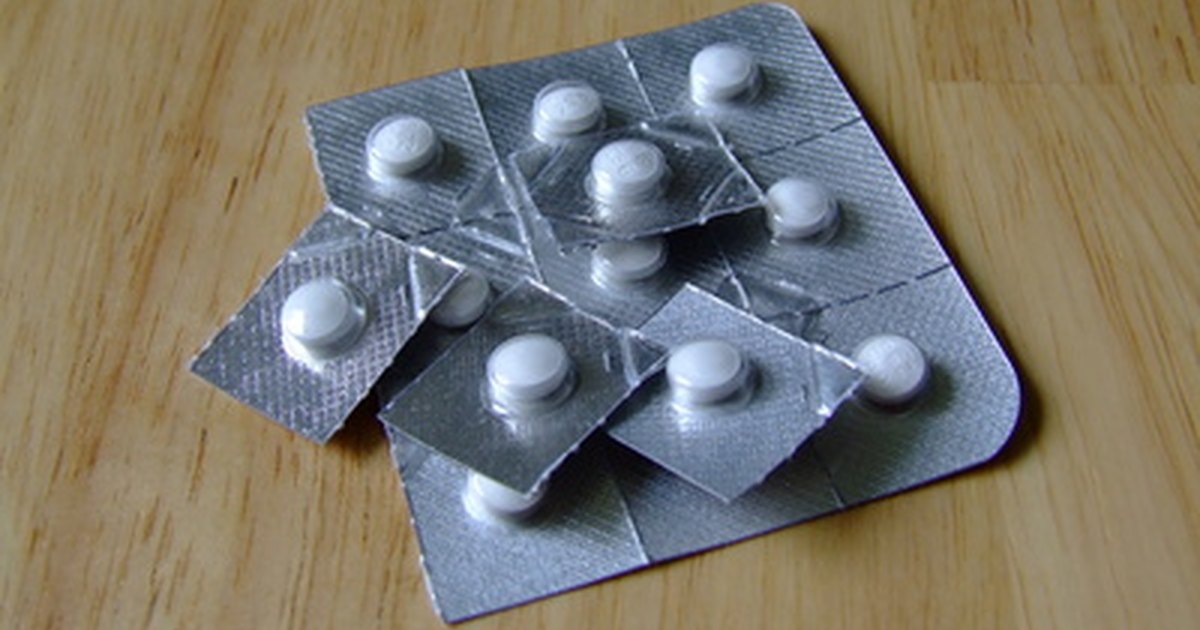


Heartburn associated with pregnancy usually resolves after delivery of the baby. Heartburn is common in pregnancy because the oesophageal sphincter is weakened during pregnancy, and the pregnancy places increasing pressure on the stomach, all of which promote the reflux of acid from the stomach. Other factors that can cause or make heartburn worse include being overweight, smoking, stress and anxiety, use of non-steroidal anti-inflammatory drugs (NSAIDs), and pregnancy. By keeping a daily record of what you eat, the time that you eat, and any activities that made your symptoms worse, you should be able to link specific foods with episodes of heartburn. A weekly food journal may be useful to identify what types of food trigger your heartburn. Acidic foods, such as tomatoes, oranges, and grapefruitsįoods that can cause heartburn vary for different people.Coffee, drinks containing caffeine, and chocolate.Alcohol, which relaxes the oesophageal sphincter.Some types of food aggravate heartburn, including: However, if the sphincter becomes weak and does not close fully, or relaxes at the wrong moment, stomach acid can flow up the oesophagus and irritate the lining of the oesophagus. The sphincter closes after food has entered the stomach to prevent the contents of the stomach travelling back up the oesophagus. It has a circular band of muscle (the oesophageal sphincter) at its lower end where the oesophagus opens to the stomach. The oesophagus is the tube that carries food from your mouth to your stomach. Heartburn is caused by stomach acid travelling back up your oesophagus (acid reflux).

However, heartburn that is frequent (more than twice a week) or persists despite the use of over-the-counter medications may indicate a more serious form of heartburn, gastro-oesophageal reflux disease (GORD or GERD), for which you should visit your doctor. Occasional heartburn occurs in most people and does not require a visit to the doctor. These symptoms may indicate a more serious medical condition such as a heart attack. Medical assistance should be sought urgently if you experience severe chest pain, especially if accompanied by symptoms of shortness of breath, arm pain, dizziness, and/or cold sweats. It is important that you take steps to ensure that any discomfort you are experiencing is in fact heartburn, and not another health condition. Heartburn is a form of upper abdominal/chest pain. Lifestyle changes and over-the-counter medications are used to treat and prevent heartburn. It is a symptom of a digestive system problem. Heartburn, also referred to as acid reflux, is a painful burning sensation in the chest.


 0 kommentar(er)
0 kommentar(er)
